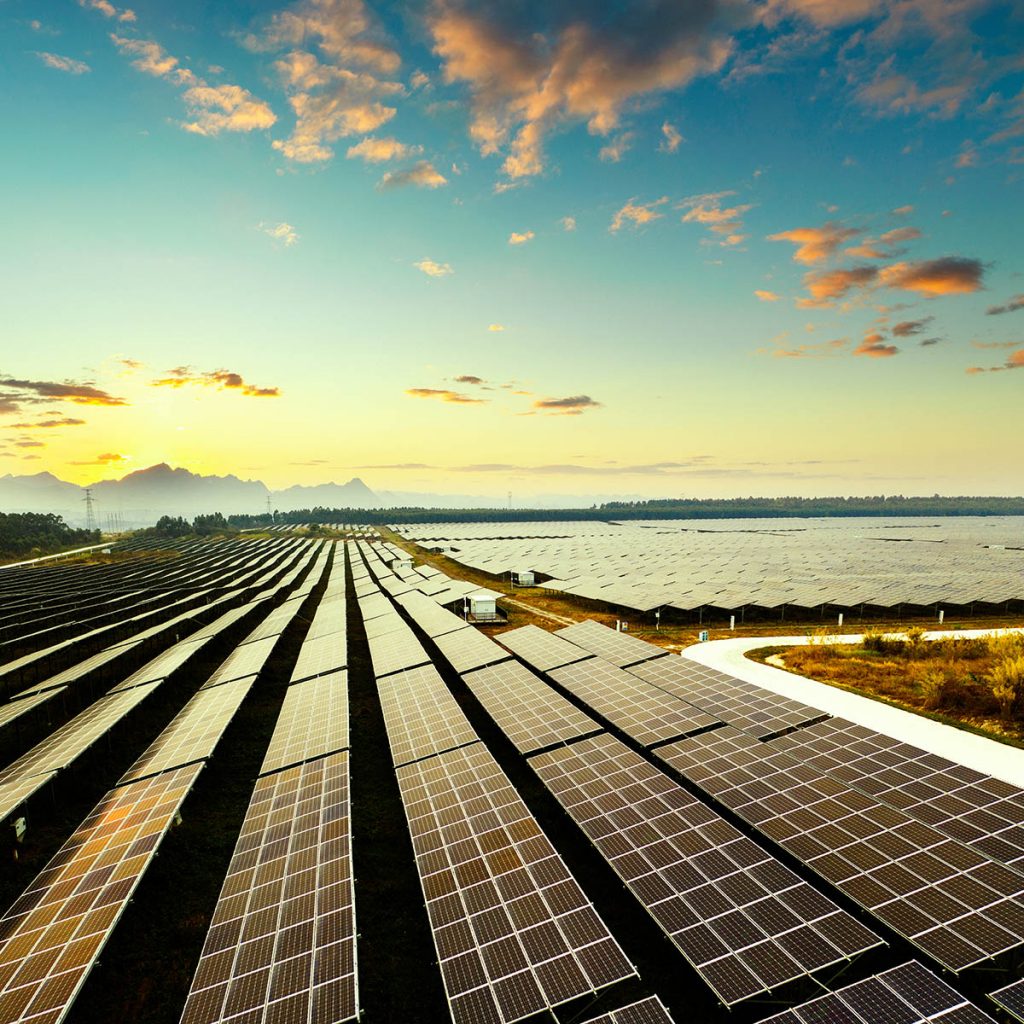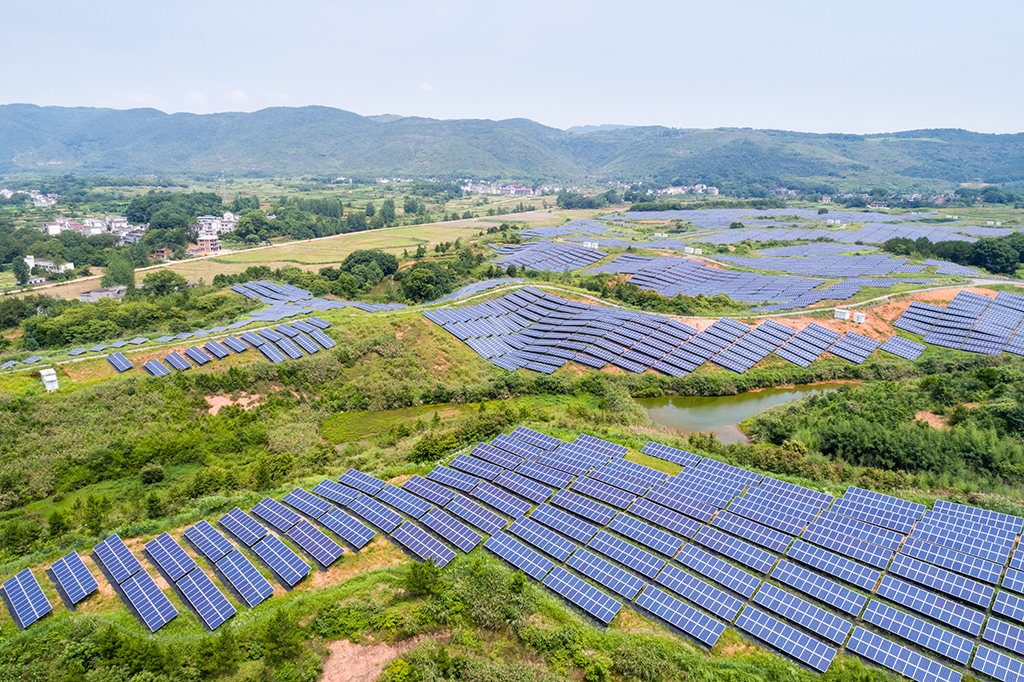Guided by the protection, upgrading and sustainable management of the environment that will lead to an improvement in the quality of life, in recent years the transition to an environmentally friendly economy through the implementation of programmes inspired by the principles and practices of sustainable development has become imperative.
The revised National Energy and Climate Plan (NECP) increases the target for the penetration of RES in gross final energy consumption, so that by 2030 they will be covering 35% of total consumption (currently at about 18%) and 61%-64% of electricity consumption (currently at about 25%). This means that by 2030 renewable energy should be the main source of electricity in the country.
Greece's strategic objective is that the energy and climate targets set in the framework of the NECP by 2030 should contribute decisively to the necessary energy transition in the most economically competitive way for the national economy, achieve a drastic reduction of greenhouse gas emissions and, finally, highlight our country as one of the Member States that will have adopted ambitious climate and energy targets, through an integrated and coherent programme of measures and policies, placing us at the top of the list of countries in the world.

In addition, according to the scientific community, a possible step to reduce emissions and mitigate climate change would be the widespread adoption of electric vehicles (EVs), which can be powered by electricity generated by sunlight, wind and water.
With the above as a guideline and in the context of the energy transition of industries in your Region, but also of hotel units, the newly established GrinGrowth Ltd (Green Innovative Growth), an affiliated company of Domotel Hotels & Resorts and Eplatform SA, with a vision of reducing the energy footprint, achieving environmental sustainability and upgrading economic units with green innovative solutions and through strategic partnerships, can offer services that relate to:
> PV systems using virtual net metering or net metering mechanism,
> Systems of charging stations for electric vehicles,
> High efficiency combined heat and power (CHP) systems,
> LED technology lighting systems,
> BEMS energy management systems and energy upgrading systems in general with the required studies and installation of equipment or products,
The benefits to industries from these services can be:
> The balanced combination of the proposed energy saving and renewable energy interventions will result in significant reductions in carbon dioxide and other greenhouse gas emissions.
> Reduction in consumptions as a result of all interventions and each of them individually.
> Reduction in the operating costs of industries thanks to the reduction in consumption.
> The green character of the investment, which will lead to upgrading, sustainable environmental management, the energy transition of industries, and convergence with European and national targets.

In particular:
> The following advantages result from the installation of photovoltaic systems: zero pollution, noiseless operation, reliability and long life span (up to 30 years), independence from fuel supply for remote areas, scalability according to needs, and minimal maintenance
> The following advantages result from the installation of charging stations and the integration of electric vehicles into the industrial fleet: reduction of air pollution, reduction of noise pollution, reduction of greenhouse gas emissions and more efficient use of energy
> CHP installation results in: fuel savings, energy autonomy, high efficiency compared to conventional heat and power generation technologies, flexibility, minimisation of losses, adaptability to local energy needs, contribution to energy potential and to security of supply, and reduction of emissions to the environment
> The following advantages result from the replacement of existing lighting systems with new LED technology systems: Life span – LED light bulbs have five to ten times longer life span than economy light bulbs and extremely much longer life span than incandescent lamps -, durability, they do not emit heat during operation, they do not contain any gases as no mercury or other gas is used in the manufacture of LED lamps, and they are more efficient.
> The installation of BEMS systems can result in: energy savings of 15-20% for heating, cooling and ventilation, while for lighting the energy savings can reach 50-60%, reduction of energy costs and, consequently, lower operating costs, automatic load shedding and management of peak loads that burden energy costs, improvement of the human environment – especially the workplace -, greater building functionality and economy.

The above modules make up an organised, self-financing energy transition plan, which will be drawn up and implemented by a consortium of experts. The above is the basic core focusing on energy transition, and it is understood that this core can and should be strengthened by additional Circular Economy actions and 4th Industrial Revolution imperatives.
The vision of those who will act in a coordinated, scientific and pioneering manner, has as its starting point the channelling of all resources, knowledge, experience and research into the project in question, with a view to the transition of each company to a new era, the international promotion of the company and the highlighting of its individual units, maximising the potential of the projects.
With careful, confidential and responsible planning and implementation, each productive area will be progressively strengthened with projects whose overall outcome will be commensurate with the new era of Greece, but also with international developments.


